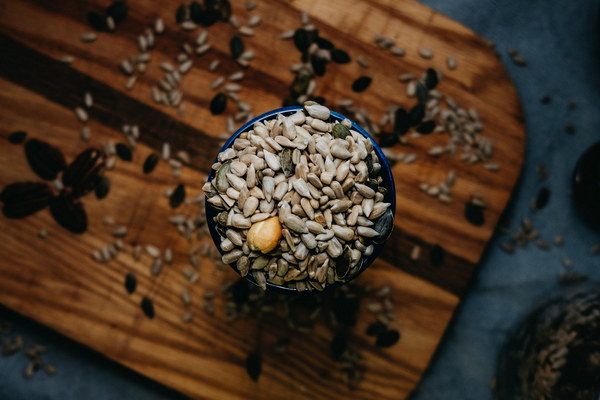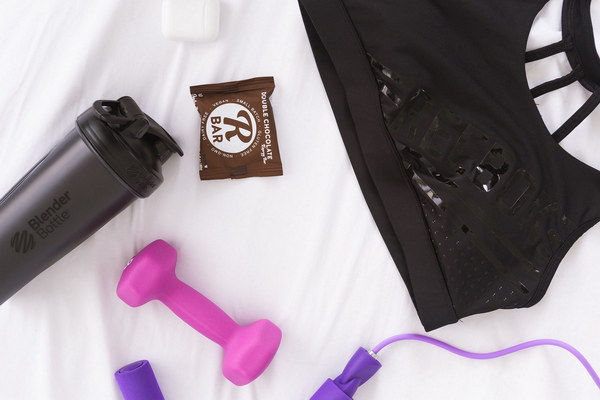The Ultimate Guide to Kidney and Liver Care Best Practices for a Healthy Life
In today's fast-paced world, taking care of our kidneys and liver is more crucial than ever. These vital organs play a significant role in maintaining our overall health. Here's a comprehensive guide on how to best protect and maintain your kidneys and liver.
1. Maintain a balanced diet
A healthy diet is the cornerstone of kidney and liver care. Incorporate a variety of fruits, vegetables, whole grains, lean proteins, and healthy fats into your meals. Some specific foods that can help support kidney and liver function include:
- Berries (e.g., blueberries, strawberries, raspberries): High in antioxidants that help protect against oxidative stress.
- Cruciferous vegetables (e.g., broccoli, cauliflower, Brussels sprouts): Contain compounds that support liver detoxification.

- Leafy greens (e.g., spinach, kale, Swiss chard): Rich in vitamins, minerals, and antioxidants.
- Garlic and onions: Contain sulfur compounds that support liver function.
- Nuts and seeds: Good sources of healthy fats and antioxidants.
- Lean proteins (e.g., chicken, fish, tofu): Essential for muscle repair and overall health.
2. Stay hydrated
Proper hydration is crucial for kidney function, as it helps filter waste and toxins from the body. Aim to drink at least 8 glasses of water per day, or more if you engage in vigorous physical activity or live in a hot climate.
3. Avoid excessive alcohol consumption
Excessive alcohol consumption can lead to liver damage and increase the risk of kidney disease. Limit your alcohol intake to moderate levels, such as one drink per day for women and up to two drinks per day for men.
4. Manage stress
Chronic stress can affect both the liver and kidneys. Practice stress-reducing techniques such as meditation, yoga, or deep breathing exercises to help keep your organs healthy.
5. Exercise regularly
Regular physical activity can improve overall health and support kidney and liver function. Aim for at least 150 minutes of moderate aerobic exercise or 75 minutes of vigorous aerobic exercise per week, along with muscle-strengthening activities on two or more days per week.
6. Maintain a healthy weight
Excess weight can increase the risk of kidney and liver disease. Work towards achieving a healthy weight through a combination of diet and exercise.
7. Get regular check-ups
Regular health screenings can help detect kidney and liver problems early. This includes blood tests for kidney function (such as blood urea nitrogen and creatinine levels) and liver function tests (such as alanine aminotransferase and aspartate aminotransferase levels).
8. Avoid smoking
Smoking can damage the liver and kidneys, as well as increase the risk of other health issues. Quitting smoking can significantly improve your overall health and reduce the risk of kidney and liver disease.
9. Limit exposure to harmful substances
Exposure to certain chemicals and toxins can harm your kidneys and liver. Be cautious when handling hazardous substances, and always use protective gear when necessary.
10. Consider herbal supplements
Certain herbal supplements can support kidney and liver health. Consult with your healthcare provider before taking any supplements, as some may interact with medications or have adverse effects.
By following these best practices, you can help protect and maintain your kidneys and liver, ensuring a healthier life. Remember, prevention is always better than cure, so take care of your organs today for a healthier tomorrow.









